I was laid off yesterday. This is a first for me, and while it sucks, I had the honor of working with some great people. This was also the first time I got to formally lead a dev team. One beam of light in the darkness has been the opportunity to connect them with [a recruiter I’ve had the pleasure of working in the past] and write recommendations for them. Taking the time to reflect on what you value in each person you work with is something I think every leader should do, in work and in life. If you want to give yourself an instant dose of joy, practice gratitude for the people around you. My only regret is that I didn’t do this more when I worked with them.
There absolutely are bad reasons to do things in a certain way, but you should be terribly skeptical of anyone who argues there is only a single way to accomplish anything important. You should be skeptical when startup executives insist their ten thousand employee organization should work the same way as their twenty person team from ten years ago. You should be skeptical when folks who’ve thrived in large organizations make definitive statements about what cannot happen outside the bureaucratic shackles (and leverage!) of a scaled organization. Finally, you should be even more skeptical of anyone who wants to debate complex topics in soundbites: it drives engagement and create fanatics, but it does nothing to advance the industry.
Satyr — “Vector”: from one of the best albums I’ve heard this year
I’ve waited too long for this: Clerks III trailer
cancelled flights are how the light gets in
#It’s common knowledge that flying in summer 2022 is a mess. Given the likelihood of a delay or outright cancelation, Jenoa and I expected our first flight with six and a half week old baby E to be rough. But I was pleasantly surprised.
Our flight from Richmond to DFW was only delayed by about forty minutes. I couldn’t say the same for other, earlier flights along the same route, though. I think one flight that was supposed to depart at noon had been delayed until 11pm. People were visibly stressed.
But we felt a strange sort of solidarity, even camaraderie, amongst everyone in the airport amidst the frustration, an experience shared by passengers and airline employees alike. I’ve wondered how much the visibility of the stress contributed to this feeling — it was the first time I’ve flown since March 2020 that we weren’t required to wear masks in the airport. But it was also the first time in a long time, probably in my whole adult life, where I didn’t feel a sense that everyone was just determined to stay in their lane, and avoid the inconvenience and awkwardness of other people. In its place was a collective atmosphere of appreciation for and mutual recognition of other people’s humanity.
A few examples come to mind:
- The woman who joined us in line waiting for a seat at Concourse A’s sole bar/restaurant and began sharing unsolicited the woes of her flight that had been delayed for 10 hours at that point, who said she “just needed a drink”.
- Megan, the sole waitress waiting tables in the restaurant and had been working since that morning. She told us she wouldn’t get off until the restaurant closed, which was “whenever everyone had their flights rebooked”, yet she kept a smile and positive energy about her.
- The young woman working at the Concourse A newsstand who was joking around with the young boys of the visibly harried couple in line in front of me.
- The family in the restaurant whose flight to Florida had been delayed who were enamored with baby E.
- Another family flying to Palm Springs that struck up a conversation with Jen and were grateful for our recommendations in the area.
- The airline employees conducting crowd control while simultaneously trying to board us and rebook everyone else.
- Justin, the ebullient flight attendant who loved E and offered us some Bailey’s with our coffee, which we declined since we were trying to stay awake for the flight.
- Baby E, whose curiosity and joy become more apparent each day.
There’s no shortage of stories and thinkpieces in mainstream media right now about how disunited we are, to which I say, maybe. But last Monday I felt a solidarity amongst strangers that I hadn’t felt before. Maybe after two and a half years of technocratic micromanagement, our being forced the “crack in everything” — our economy, our political allegiances, our technologies — has in fact been how “the light gets in”. In Richmond airport last Monday, we were just a bunch of normies trying to get to our destinations and being thwarted at every turn, but we had each other.
GO HOOS ⚾️

Wise words from the deadlift pad. 🏋️♂️💥

Fun fact, I used to own the exact issue of the Magazine of Fantasy and Science Fiction that had this illustration on the cover, “Starship Soldier”, and first serialized a Robert Heinlein novel of the same name, later to be called Starship Troopers. Via 70s Sci-Fi Art:


I think Practical Engineering may be my new favorite YouTube channel.
Visited Orange County for my best friend’s wedding. It’s been a great trip. We return to Cville tomorrow. Congrats, Collin and Meagan.







This one really hit me. I struggle to express the shock I’m feeling, or why. I’ve always been moved by the energy and joy he exuded on the record and on stage. Thanks for all the beauty you helped make, Taylor.

Leszek Kolakowski, via Alan Jacobs:
Doubt may be considered one of the consequences of original sin, but it also protects us against its more deleterious effects. It is important for us to be uncertain about the deep motives for our own deeds and the grounds of our convictions, since this is the only device that protects us against an old justifying fanaticism and intolerance. We should remember that the perfect unity of man is impossible, otherwise we would try to impose this unity by any means available, and our foolish visions of perfection would evaporate in violence and end in a theocratic or totalitarian caricature of unity which claimed to make the Great Impossible an actuality. The greater our hopes for humanity, the more we are ready to sacrifice, and this too seems very rational. As Anatole France once remarked, never have so many been murdered in the name of a doctrine as in the name of the principle that human beings are naturally good. […]
There are reasons why we need Christianity, but not just any kind of Christianity. We do not need a Christianity that makes political revolution, that rushes to cooperate with so-called sexual liberation, that approves our concupiscence or praises our violence. There are enough forces in the world to do all these things without the aid of Christianity. We need a Christianity that will help us move beyond the immediate pressures of life, that gives us insight into the basic limits of the human condition and the capacity to accept them, a Christianity that teaches us the simple truth that there is not only a tomorrow but a day after tomorrow as well, and and that the difference between success and failure is rarely distinguishable. We need a Christianity that is not gold, or purple, or red, but grey.
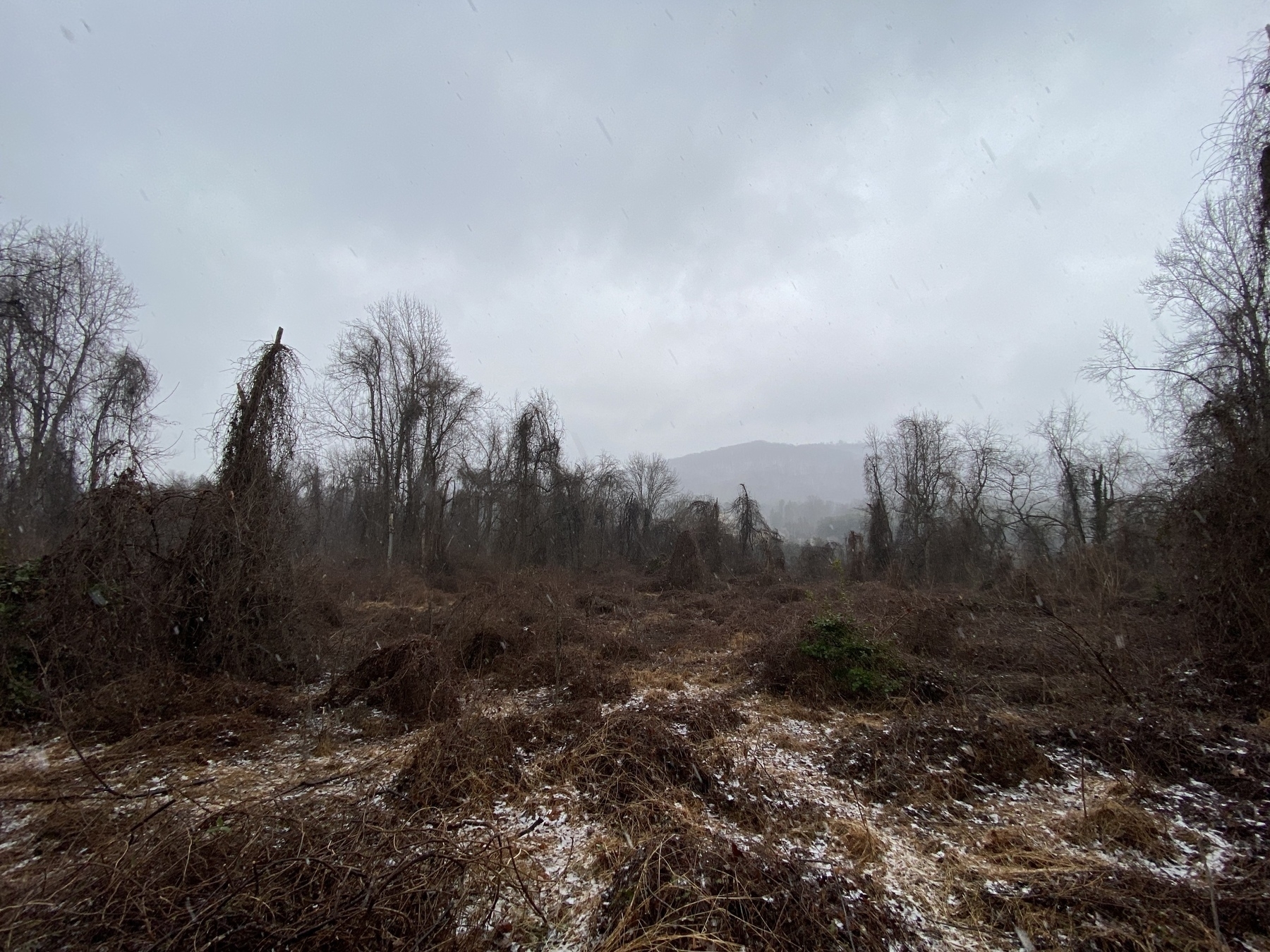
Julia Rothman’s “Anatomy” books are probably the most pleasant reference books I’ve ever come across. I’m glad we finally have the whole collection. 📚
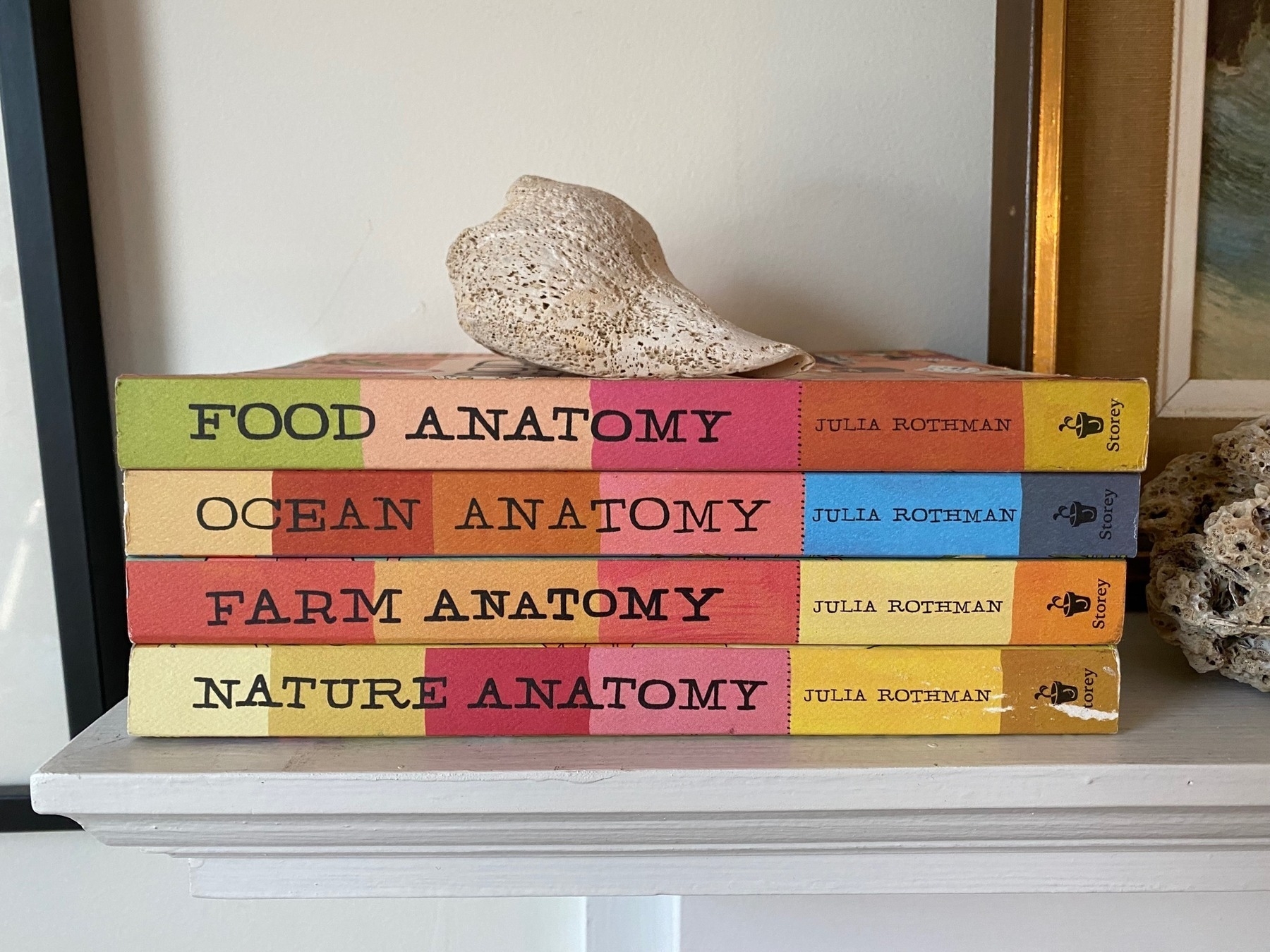
Currently listening/watching: Foo Fighters live at Madison Square Garden
So proud of @jensap for teaching adult education hour this morning.
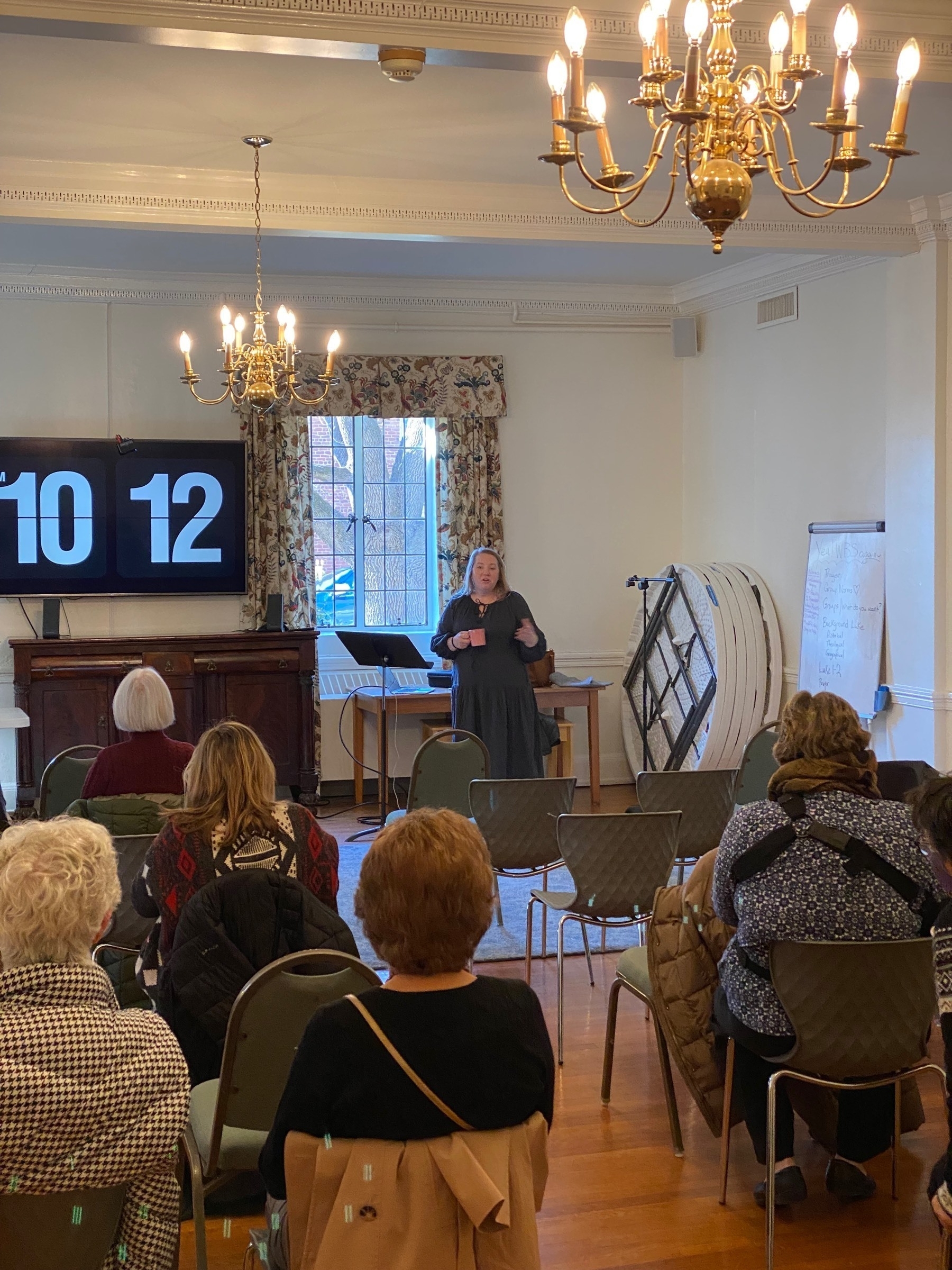
Really proud of @jensap and I’s old housemate whose album was recently written up in Pitchfork!
why I will always prefer print (but still begrudgingly use a kindle on occasion)
#For a while now, I’ve tried to avoid the Bezos machine as much as I can in my consumer habits. I don’t need to enumerate the reasons I loathe Amazon — at this point, I think many people are familiar with them. But, much as I hate to admit it, the Kindle is a remarkable piece of calm technology, which is why I purchased one about six years ago.
Of course, they are not the only e-reading option available, which is why sometime last year I purchased a refurbished Kobo. Most of my e-reading is done via library borrows from overdrive anyway. Nonetheless, I still wanted to have my Kindle library available to read on the Kobo. Obviously, this would necessitate stripping the DRM off my collection, but sticking it to the corporate overlords sounded like a fun challenge anyway.
The plan was to download the titles to my laptop with the Kindle app, import the files to Calibre, convert them to epub, and then transfer them to the Kobo. While Calibre does not support DRM removal, there’s a well established open-source plugin for doing exactly that. The catch is that the plugin doesn’t handle AZW files, which is the format downloaded by the most recent version of Kindle for Mac. In this thread, the project maintainer links to an older version of DeDRM forked from the original project, where you will now find a DMCA takedown notice, which has apparently occurred as recently as this past week.
One of the users in this thread on mobileread put it well:
I’m surprised that software of this sort was hosted on Microsoft-owned (and presumably US-based) servers. I wonder if we’ll we’ll see a Pirate Bay style game of whack-a-mole now?
I didn’t bother delving into the details of the DMCA takedown — I had come off a workday, and wanted to do something other than sit at my computer for another hour. The fact of the project’s takedown is unsurprising though. Removing DRM is difficult by design. But it’s nonetheless infuriating that purchasing a digital artifact does not confer ownership — it confers a license, which come with various stipulations. And I doubt these stipulations have done much, if anything, to protect the incomes of writers, artists, and musicians.
Print books don’t come with DRM. You own them. You can share them, borrow them, throw them in a bag. Their technological ecosystem is not one of surveillance.
E-reading, especially on one with an e-ink display, has its advantages. But the demise of print that many predicted over decade ago never materialized. I’m thankful for that.
SnowRuck 🎒🏃♂️❄️ Partial 📷 credit to @jensap

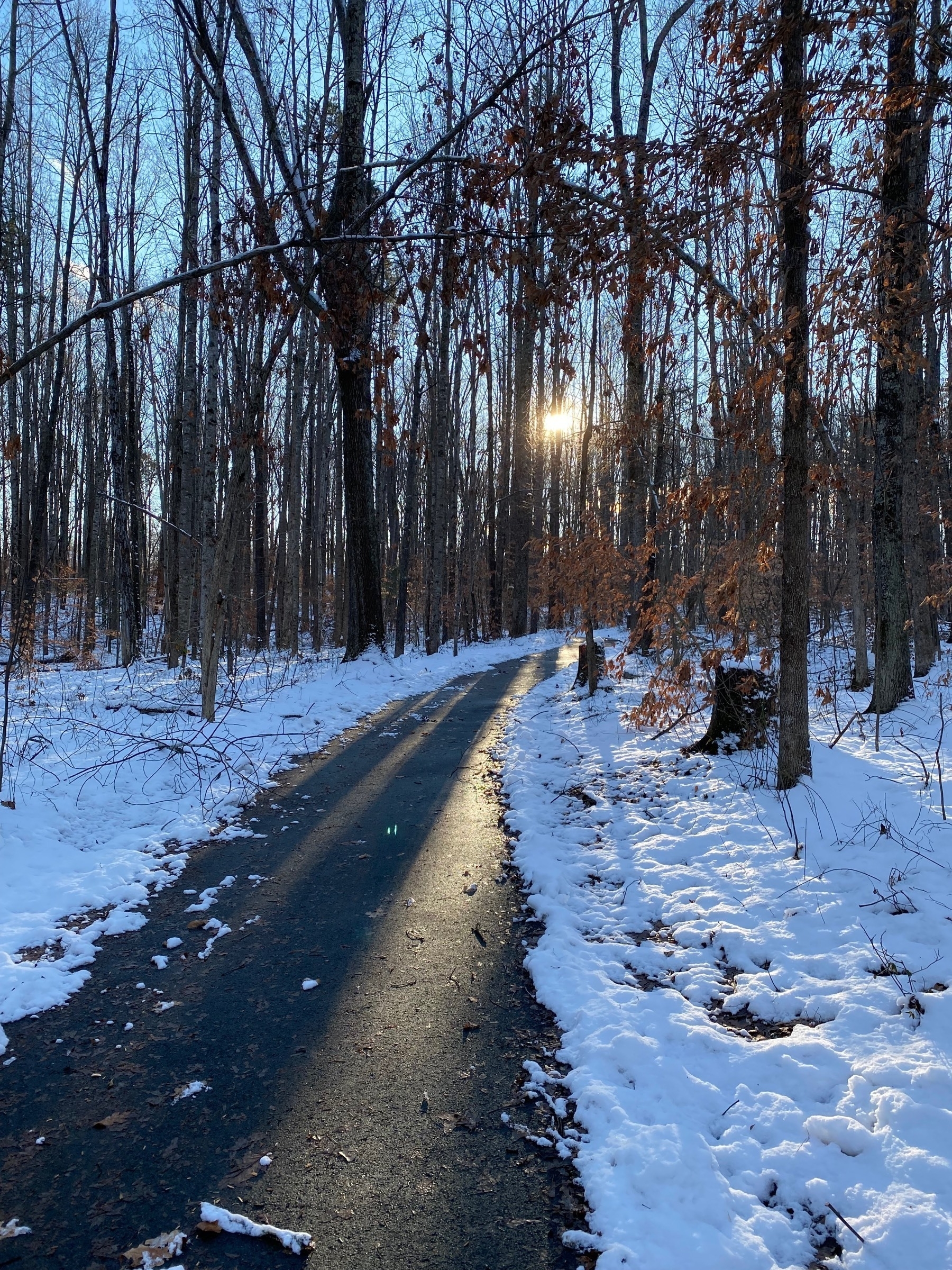
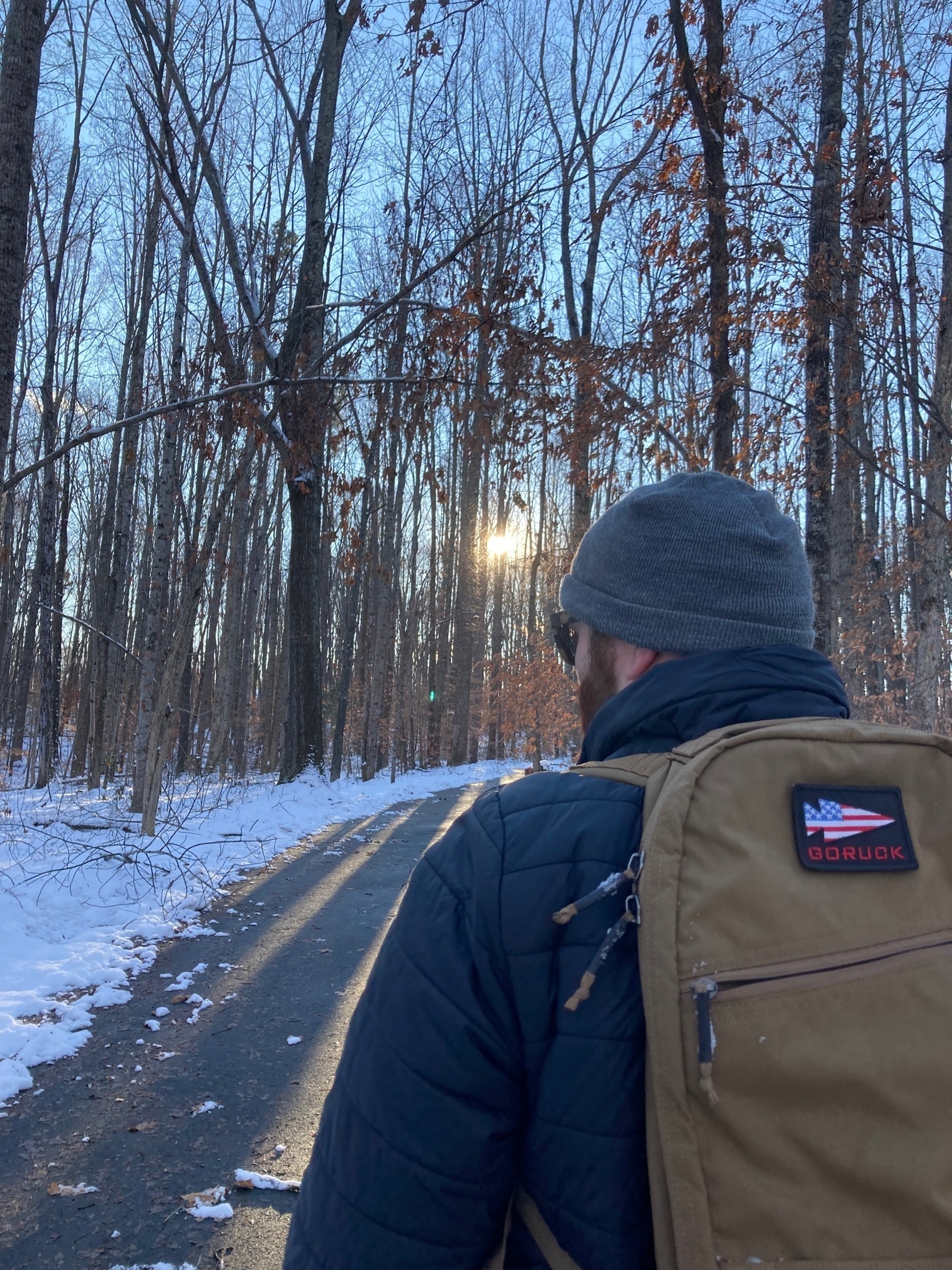
(In the spirit of “people should blog more” posts going around, I feel inspired to try my hand at some informal writing, of “thinking aloud in public”. No resolutions here — I may or may not continue this habit. Okay, enough meta-blogging. On with the show)
I’ve been meaning to reread C.S. Lewis’s The Abolition of Man, especially after reading its fictional counterpart, That Hideous Strength, last year, so it seems fortuitous that Richard Beck is writing a blog series about reading it for the first time. After addressing his own misconception that Lewis’s phrase, “men without chests”, has something to do with masculinity (which is an interesting misconception in the first place, one that I feel deserves its own post), he explains that Lewis’s essay has to do with forming emotions that correspond to objective values. “Men without chests” are not necessarily cowardly or timid, they are just devoid of properly formed feelings.
I think Abolition’s vision of a technocratic society that disregards any correlation between affections and real value has, in many respects, come true. It’s eerily prescient. Equally prescient, I think, was Thrice’s song of the same name, released in 2003. Dustin Kensrue screams, “The abolition of man is within the reach of science; but are we so far gone that we’ll try it?” I think the ensuing decades since that song’s release have seen an onslaught of attempts at that very thing.
So happy with our new record cabinet. It’s nice to have all of our audio gear in one spot now. 🎧🎵

Notable Reads 2021
#It’s hard for me to believe it, but we’re almost at the end of 2021. At one time, I thought I would write these reading roundups more regularly. Alas, I had other priorities. Here’s a list of favorites, with occasional annotations.
- Eye of the Needle by Ken Follet
- Advent by Fleming Rutledge
- On the Road with Saint Augustine by James K.A. Smith
- Reckless graphic novels by Ed Brubaker and Sean Phillips — Some of the page-turning-est crime fiction I’ve ever read, in comic book form!
- C.S. Lewis’s Space Trilogy — I punted on these for years, but picked them up at the recommendation of a friend. I’d say it’s been foundational for me in recovering an “enchanted” sense of faith and life. Additionally, the sociological vision and machinations of the third book’s evilly banal organization, “N.I.C.E.”, are eerily prescient.
- Why Liberalism Failed by Patrick Deneen
- Paul and the Power of Grace by John Barclay
- Superman’s Pal Jimmy Olsen: Who Killed Jimmy Olsen by Matt Fraction — Probably the most you’ll ever laugh reading a Superman comic.
- The Warmth of Other Suns by Isabel Wilkerson
- Wonder Woman: Dead Earth by Daniel Warren Johnson
- Prayer in the Night by Tish Harrison Warren
- Hunting Magic Eels by Richard Beck — Another book that’s heavily influenced my appreciation for the mysterious/“enchanted” aspects of faith.
- Midnight in the Garden of Good and Evil by John Berendt
- Uprooted by Gracy Olmstead
- Band of Brothers by Stephen Ambrose
- The Symposium by Plato — This was the first book our newly founded “great books” club read together. A bunch of philospher’s drunken reflections on Eros, what’s not to love?
- The Decadent Society by Ross Douthat
- Reliquary by Douglas Preston and Lincoln Child
- Tao Te Ching by Lao Tzu, translated by Stephen Mitchell — The second entry for our book club.
- Hounded by Kevin Hearne — This was a re-read. Hearne’s Iron Druid Chronicles are great fun.
- Lectio Divina — Enzo Bianchi
- Beowulf translated by J.R.R. Tolkien — I had our book club read Maria Dahvana Headley’s translation of Beowulf for our third entry. Since I had devoured her translation late last year after receiving it for Christmas, I chose to read Tolkien’s translation on my own, and put it in conversation with Headley’s.
- Acedia and its Discontents by R.J. Snell
- Four Thousand Weeks by Oliver Burkeman
- Building the Benedict Option by Leah Libresco Sargeant
- The World Ending Fire: The Essential Wendell Berry — A collection of Berry’s essays curated by Paul Kingsnorth.
- Frankenstein by Mary Shelley — Our book club’s fourth entry. More of a page-turner than I expected.
- Piranesi by Susannah Clarke — Maybe my favorite book on this list? Captivating, entrancing, and original.
- Reading the Times by Jeffrey Bilbro — Made me want to never read the news again. Alas, I’m only human. That said, his thoughts on Kairos vs Chronos time got my wheels spinning. I hope to write something about that as it pertains to technology.
- Margin by Richard Swenson
- Magic: A History by Chris Gosden
🌊🎅🏻🧑🏻🎄
